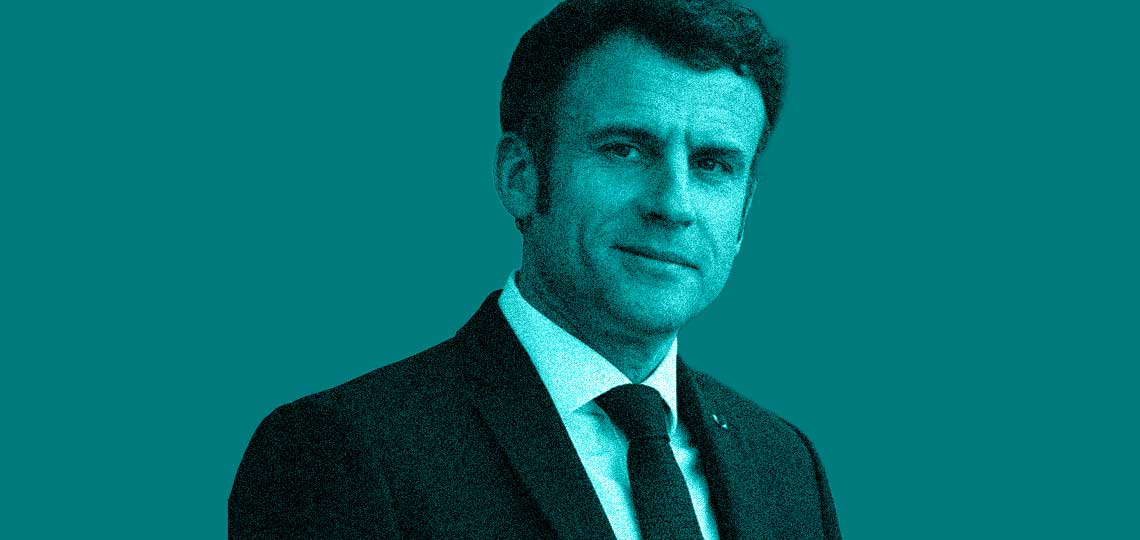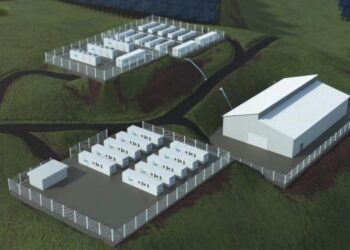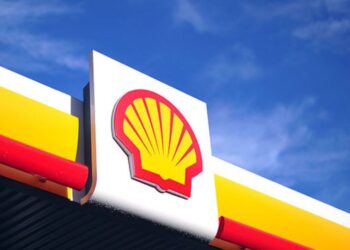French President Emmanuel Macron has called on EU leaders at a summit in Brussels to go “faster” and “stronger” in their response to the massive U.S. subsidy plan, the Inflation Reduction Act (IRA). The 27 are trying to find a common response to help their industry in the face of the energy crisis caused by the war in Ukraine and the race for American subsidies.
But the shockwave caused by the recent alleged corruption scandal in the European Parliament involving Qatar also entered the discussions, with the president of that institution pledging that there would be “no impunity”.
“We must have an answer to maintain fair competition and defend major projects, especially on green technologies and technologies of the future in Europe,” Macron said upon his arrival in Brussels.
“This implies going faster, simplifying our rules and having a macroeconomic response and a level of aid that, at the European and national level, allows to respond, to be the equivalent of what the Americans have done,” he said, pleading for a response in early 2023.
The American plan adopted this summer by Washington provides for $370 billion in investments to fight climate change.
Behind a laudable environmental objective, the plan is protectionist in nature, with exceptional aid reserved for firms located across the Atlantic, likely to further undermine European competitiveness already penalized by soaring energy prices.
Two weeks after Emmanuel Macron’s trip to the United States, where he demanded concessions from U.S. President Joe Biden, European Commission President Ursula von der Leyen also told MEPs in Strasbourg that “this law risks leading to unfair competition.
She proposed the implementation of a European plan, without waiting for possible concessions from Washington, currently discussed in transatlantic working groups.
Europeans must rethink support for their companies in a delicate context.
Moscow has cut its pipeline gas deliveries to the EU by 80% since the start of its military offensive in February.
Although European supplies are assured for this winter, thanks in particular to imports of liquefied natural gas, its cost has exploded, to the point of threatening the survival of entire sectors in the chemical and steel industries.
The Twenty-Seven want to convince Washington to spare their alliance, at a time when war is raging on the Union’s borders.
“We must not allow ourselves to be divided in our transatlantic relationship. On the contrary, instead of fighting, we should work together even more closely,” said German Chancellor Olaf Scholz.
But the Europeans themselves must remain united in the face of the economic crisis.
After the historic drop in GDP caused by the Covid pandemic in 2020, soaring energy prices will push the EU economy back into recession this winter.
In the short term, Ms. von der Leyen proposed a relaxation of the framework for state aid to companies to encourage them to continue to invest in Europe and a strengthening of the European plan RePowerEU to develop renewable energy and to free themselves from Russian hydrocarbons.
A blow to democracy
Since September, she has also been calling for a European “sovereignty fund” to develop a common industrial policy and invest more in research and innovation projects on a continental scale: hydrogen, semiconductors, quantum computing, artificial intelligence, etc.
In addition to economic issues, the leaders of the 27 EU countries should reaffirm their political, financial and humanitarian support for Ukraine and condemn the recent escalation of Russia, which has begun to methodically destroy civilian infrastructure, especially energy.
But they will also discuss the recent case of alleged corruption that shakes the European Parliament and involves Qatar, host country of the World Cup.
Arriving at the summit, the president of this institution, Roberta Metsola, indicated that she would raise these accusations, which are “a blow to democracy”. “My message will be that there will be no impunity, nothing will be swept under the carpet, it will not be business as usual,” she assured.
Emmanuel Macron, who returned from the semi-final won Wednesday night by France against Morocco, said he “fully assume” the fact of going to support the Blues in Qatar, despite the controversies surrounding this country.
“I was four years ago behind the French team when it was in Russia and I am behind them in Qatar,” continued the French president who will go there again Sunday for the final against Argentina.
The EU-27 should also discuss ways to increase pressure on Moscow after the numerous sanctions already adopted, including the recent cap on Russian oil prices, he added.






